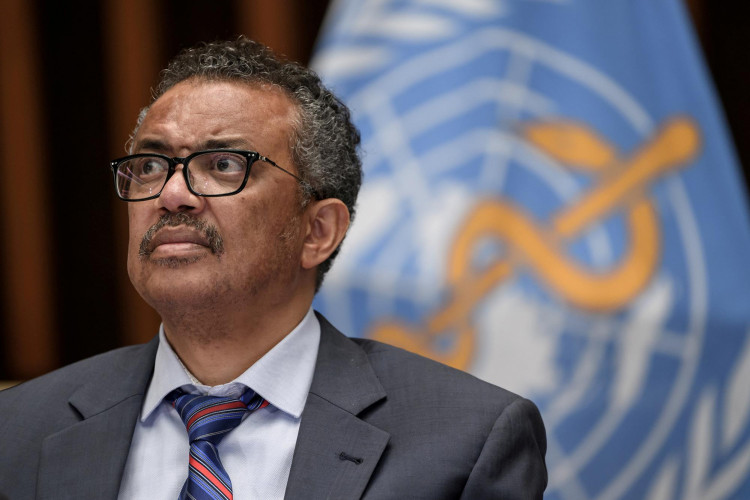In his home region of Tigray in northern Ethiopia, World Health Organization Director-General Tedros Adhanom Ghebreyesus warned on Wednesday (Oct. 19) that there was a "very narrow window now to prevent genocide."
Throughout the two-year battle, Tedros, who has previously served as Ethiopia's health minister and minister of foreign affairs, has been harshly critical of Ethiopian authorities. In response, the government accused him of attempting to get weapons and diplomatic support for rebel forces; he has denied these accusations.
In his frankest statements about the conflict to date, Tedros warned reporters in Geneva that Tigray, which is mostly cut off from the outside world, was using food and medical supplies as weapons of war.
"There's no other situation globally in which 6 million people have been kept under siege for almost two years," Tedros said. "There is a very narrow window now to prevent genocide."
After charging the region's ruling Tigray People's Liberation Front with attacking federal army bases, Ethiopian Prime Minister Abiy Ahmed ordered soldiers into Tigray in November 2020, sparking the start of the conflict. Eritrea has given its support to Abiy's campaign. The Ethiopian government has always denied targeting civilians or preventing humanitarian aid from reaching Tigray. Thousands have died, millions have been displaced, and hundreds of thousands are on the verge of famine as a result of the violence.
This week, the Ethiopian military and their allies took control of a number of Tigray towns, sparking concerns that the advancing soldiers would abuse locals. All sides participating in the Tigray war had committed acts that could have qualified as war crimes, according to a joint investigation conducted last year by the UN and Ethiopia's state-appointed human rights committee.
The Tigray war is a result of long-standing conflicts over who should have control of Ethiopia as a whole and how authority should be distributed between the federal and regional governments. Tedros has already been charged by Ethiopian authorities for aiding forces in Tigray without any proof.
The rights organization urged the U.S., EU, and UN to impose sanctions and an arms embargo against Ethiopia in order to assist safeguard civilian lives.
"Collective inaction is no longer an option," Laetitia Bader, the group's director for the Horn of Africa said. "Key actors need to change tact and use all tools at their disposal to protect civilians at risk of further atrocities."
"The suffering of civilians in Ethiopia should no longer be tolerated in the name of political expediency," she added. This week, the Ethiopian government said that its troops uphold human rights.





